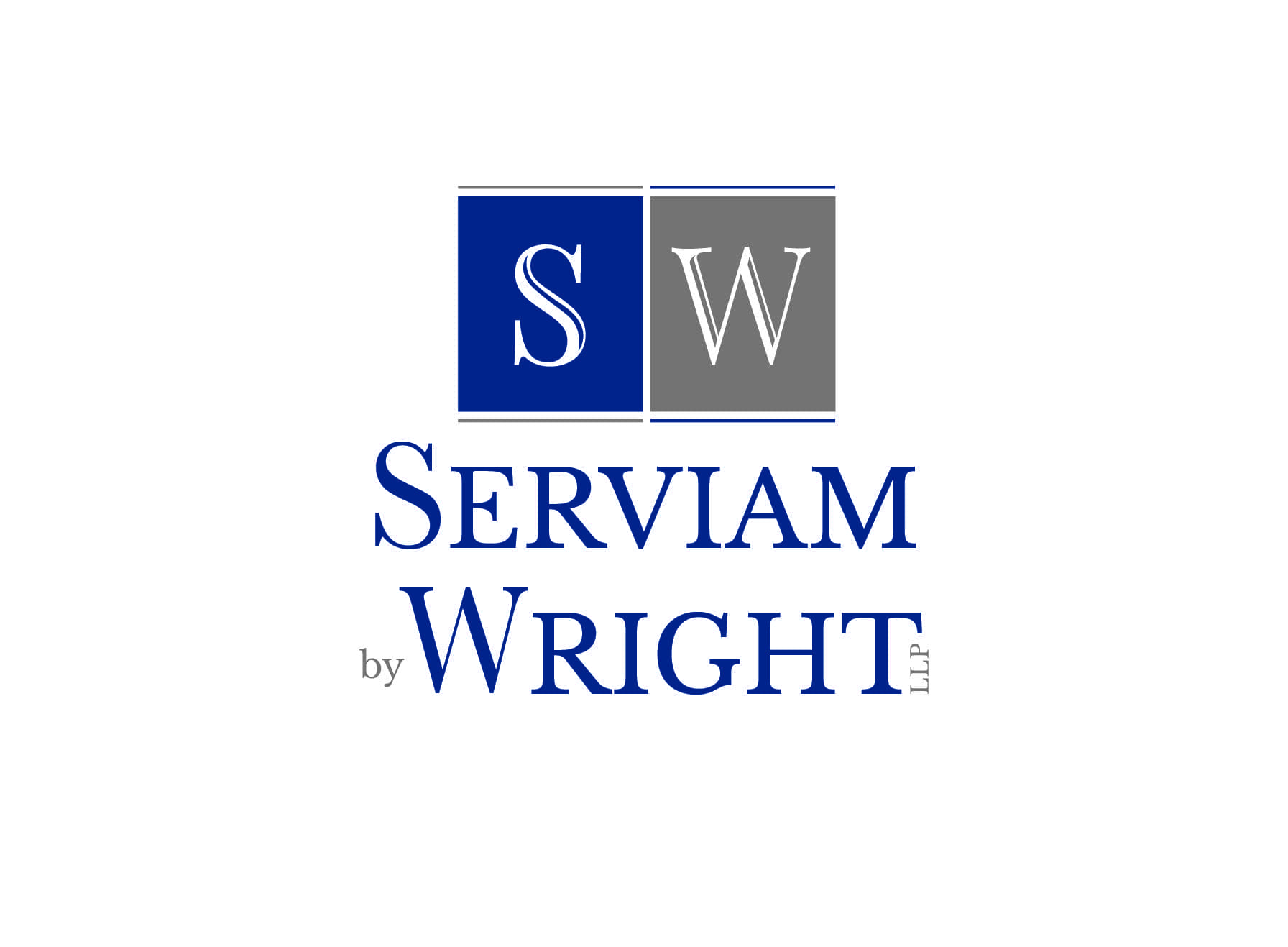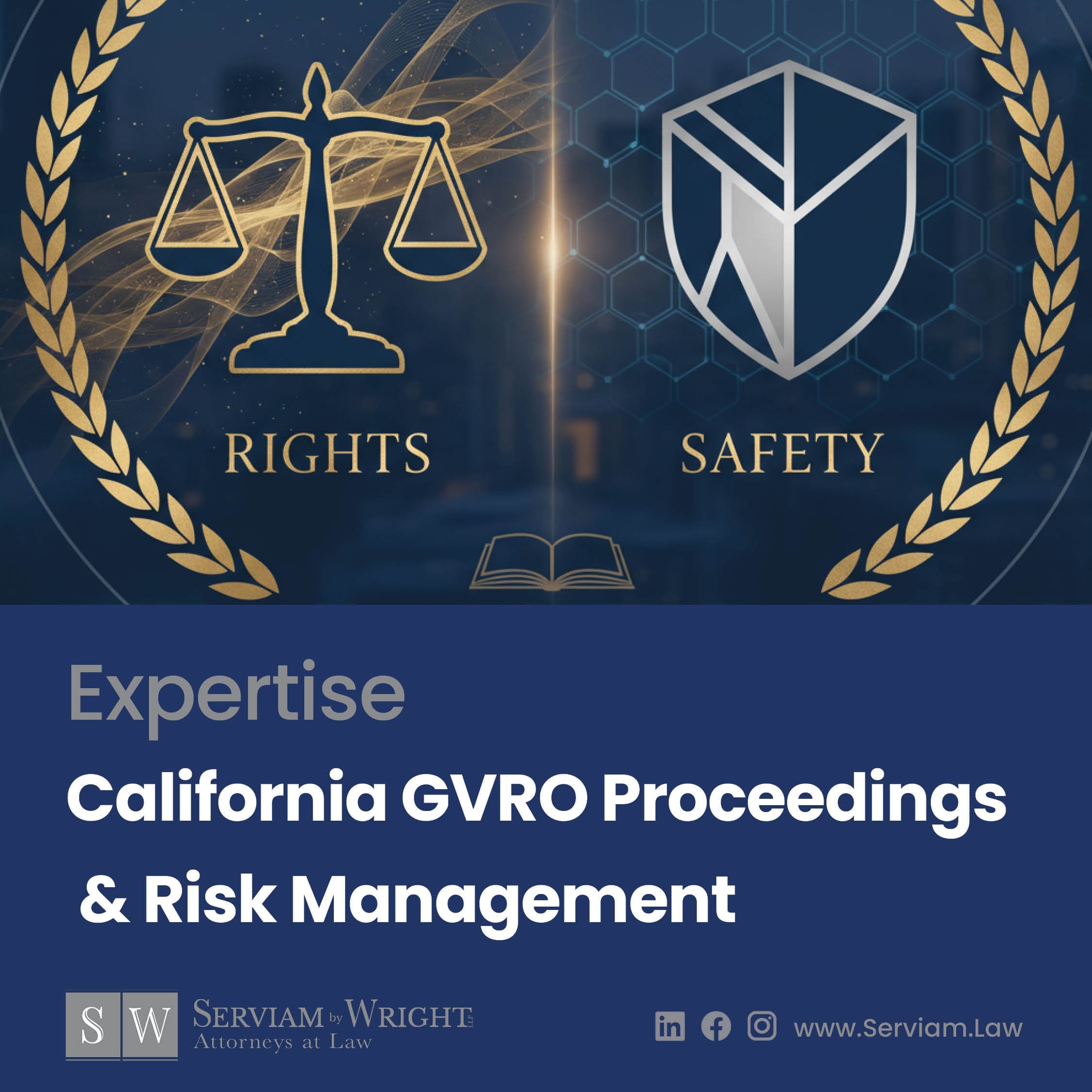In 2020, it was estimated that 65 percent of code enforcement professionals were assaulted or threatened, and about 29 percent had been threatened with a deadly weapon, which is why SB 1131 was imperative.
In September 2022 the Governor signed SB 1131 into law, which expanded the eligibility for address confidentiality with the California Secretary of State’s Safe at Home Address Confidentiality Program.
In the newly included eligibility for address confidentiality are code enforcement professionals, which comes at a time when this specific group is being targeted and even murdered at a higher rate than ever before, which is arguably attributed to civil unrest as a result of the COVID-19 pandemic.
The law, which was effective immediately after signing, provides the ability to utilize a State-provided mailing address in lieu of a home address for a variety of public documents. The goal is to elevate the safety and security of specified professionals who face violence, threats, and/or harassment for simply doing their job as code enforcement officers.
It’s imperative that all code enforcement officers share this news with colleagues regarding their eligibility for the Safe at Home Program. This program is not automatically applied to those in the profession. Those wishing to participate must apply to the Secretary of State’s Office.
Once approved, the Secretary of State will provide the applicant with a substitute mailing address to utilize on various records, such as DMV registration, deeds, loans, and others. While State law requires government agencies to accept the new mailing address, private entities, such as banks and mortgage companies, are not mandated, although many will.
This law comes less than one year after SB 296 was signed into law, which requires every local jurisdiction across California that employs code enforcement officers to develop safety standards appropriate for the code enforcement officers employed in their municipality.
To learn more about the Safe at Home Program, click here.





